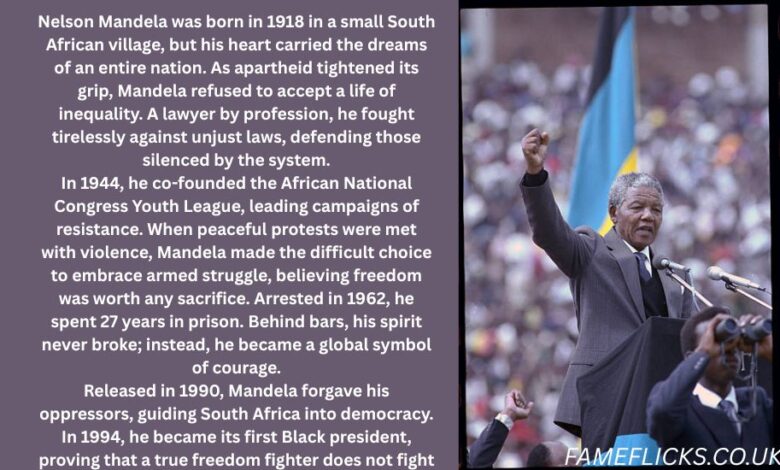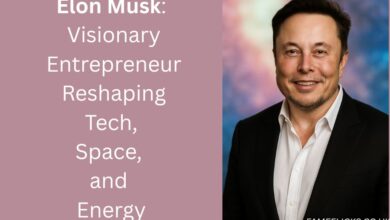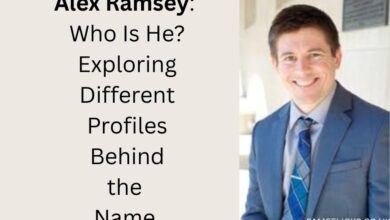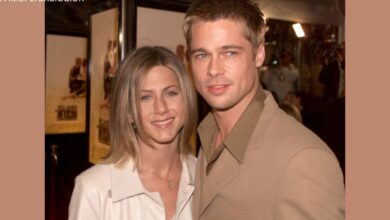Nelson Mandela: A Legacy of Freedom, Leadership, and Humanity

Nelson Mandela stands as one of the most respected figures of the 20th and 21st centuries. Revered as a freedom fighter, anti-apartheid revolutionary, and later as South Africa’s first Black president, Mandela’s life journey from prisoner to president remains a beacon of hope for justice, equality, and reconciliation. Born in 1918 in a small South African village, his extraordinary story demonstrates the power of resilience, forgiveness, and moral courage. His struggle against apartheid, his long imprisonment, and his unwavering vision for a democratic South Africa have made him a symbol of peace and human rights around the world.
This article provides a detailed look into Nelson Mandela’s early life, political career, presidency, achievements, challenges, personal life, net worth, and lasting legacy.
Early Life and Background
Nelson Rolihlahla Mandela was born on 18 July 1918 in the village of Mvezo, in South Africa’s Eastern Cape province. He belonged to the Thembu royal family. His father, Gadla Henry Mphakanyiswa, was a local chief and counselor to the Thembu king, while his mother, Nosekeni Fanny, raised him with strong values of community and respect.
Mandela was given the forename Rolihlahla, which in the Xhosa language means “pulling the branch of a tree” or colloquially, “troublemaker.” At a Methodist mission school, he was given the English name “Nelson” by a teacher, reflecting the colonial influence on education.
Growing up, Mandela was deeply influenced by African traditions, the importance of leadership, and stories of resistance against colonial rule. He pursued higher education at the University of Fort Hare and later studied law at the University of Witwatersrand. These formative years exposed him to ideas of equality, justice, and the growing resistance to apartheid.
The Rise of Apartheid and Mandela’s Activism
In 1948, the apartheid system—legalized racial segregation—was fully implemented in South Africa. Black South Africans were stripped of their rights, forced into separate living areas, denied equal education, and subjected to systemic discrimination.
Mandela became a leading voice in the African National Congress (ANC). In 1944, along with Oliver Tambo and Walter Sisulu, he helped form the ANC Youth League, which aimed to mobilize young people in the struggle against apartheid. His activism soon attracted the attention of authorities.
The turning point came with the 1952 Defiance Campaign, a nonviolent resistance against apartheid laws. Mandela traveled across South Africa, organizing protests and urging civil disobedience. By the 1960s, however, following the Sharpeville Massacre—where police opened fire on peaceful protestors, killing 69—Mandela and the ANC turned toward armed resistance through Umkhonto we Sizwe (Spear of the Nation).
Imprisonment: 27 Years Behind Bars
In 1962, Mandela was arrested and convicted of sabotage and conspiracy to overthrow the government. At the Rivonia Trial in 1964, he delivered his famous speech, declaring he was prepared to die for the ideal of a democratic, free South Africa. He was sentenced to life imprisonment and sent to Robben Island, where he spent 18 years before being transferred to Pollsmoor and later Victor Verster Prison.
Prison life was brutal: Mandela endured forced labor, poor food, and minimal contact with family. Yet he became a source of inspiration, even within prison walls, mentoring younger activists and negotiating with officials. His ability to maintain dignity and hope under harsh conditions turned him into a global symbol of resistance.
The Global Free Mandela Campaign
Mandela’s imprisonment sparked worldwide outrage. Throughout the 1970s and 1980s, international movements grew demanding his release. Economic sanctions, protests, and diplomatic pressure mounted against South Africa. His face became an icon on posters, and the phrase “Free Nelson Mandela” echoed across the globe.
By the late 1980s, under mounting pressure and the weakening of apartheid, the South African government began negotiations with Mandela.
Freedom and Presidency
On 11 February 1990, Nelson Mandela walked out of Victor Verster Prison after 27 years behind bars. His release was broadcast worldwide, marking the beginning of South Africa’s new chapter.
In 1994, South Africa held its first democratic election. Mandela was elected as the first Black president of South Africa, leading a government of national unity. His presidency (1994–1999) was defined by reconciliation rather than revenge.
Mandela’s leadership emphasized building bridges between communities. He established the Truth and Reconciliation Commission (TRC), chaired by Archbishop Desmond Tutu, to address past human rights abuses. His vision was not to punish, but to heal and unite a deeply divided nation.
Achievements as President
-
National Reconciliation – Mandela fostered peace between different racial groups and promoted unity.
-
Truth and Reconciliation Commission – A groundbreaking model of restorative justice, admired worldwide.
-
Economic and Social Development – He worked to improve housing, healthcare, and education for previously disadvantaged communities.
-
Global Influence – Mandela became a global statesman, advocating for peace, human rights, and democracy beyond South Africa.
Personal Life
Mandela was married three times: first to Evelyn Mase, then to Winnie Madikizela-Mandela, and later to Graça Machel. He had six children. Despite his global stature, he often described himself as an ordinary man who tried to live by principles of humility and service.
Nelson Mandela’s Age and Passing
Mandela lived a long life, reaching the age of 95 years. He passed away on 5 December 2013 at his home in Houghton, Johannesburg. His death was mourned globally, with leaders and ordinary people paying tribute to his life and sacrifices.
Nelson Mandela’s Net Worth
Mandela was never focused on wealth, yet his estate at the time of his passing was valued at approximately $4 million USD. Much of this included royalties from his autobiography Long Walk to Freedom, speaking engagements, and his properties. However, a significant portion of his wealth was distributed through trusts and foundations to support children, education, and community development.
Reports also suggest that Mandela personally lived modestly, with his fortune largely channeled into charitable efforts rather than luxury.
Legacy
Nelson Mandela’s legacy goes far beyond South Africa. He symbolizes justice, equality, and forgiveness in the face of oppression. His ability to forgive those who imprisoned him for nearly three decades remains a moral lesson for humanity.
Today, Mandela’s name lives on through schools, hospitals, foundations, and annual observances such as Nelson Mandela International Day (18 July), dedicated to community service. His vision of a just,inclusive society continues to inspire leaders, activists, and ordinary people worldwide.
Conclusion
Nelson Mandela’s story is not just the story of South Africa—it is the story of humanity’s enduring fight for dignity and equality. From a small village in the Eastern Cape to the presidency of a liberated nation, Mandela proved that courage, forgiveness, and determination can change the course of history. His message of unity and compassion remains as relevant today as ever.
As we reflect on Mandela’s journey, we remember that his true wealth was not in money, but in the lives he touched and the hope he inspired. For more inspirational stories of leaders who shaped history, visit Fame Flicks.
Q1: Who was Nelson Mandela?
Nelson Mandela was an anti-apartheid revolutionary, political leader, and philanthropist who became South Africa’s first Black president in 1994.
Q2: How old was Nelson Mandela when he died?
Mandela was 95 years old when he passed away on December 5, 2013.
Q3: How many years did Nelson Mandela spend in prison?
He spent a total of 27 years in prison, mostly on Robben Island.
Q4: What is Nelson Mandela’s net worth?
At the time of his passing, Mandela’s estate was valued at around $4 million, though much of it supported charitable causes.
Q5: What is Nelson Mandela most famous for?
He is most famous for leading the struggle against apartheid, promoting reconciliation, and becoming South Africa’s first democratically elected president.
Q6: What is Nelson Mandela International Day?
It is celebrated on July 18 each year, encouraging people to devote 67 minutes to community service in honor of his 67 years of activism.



